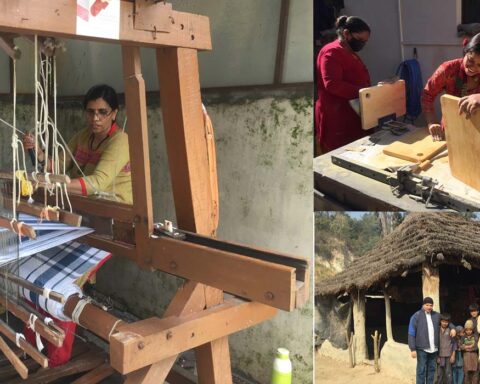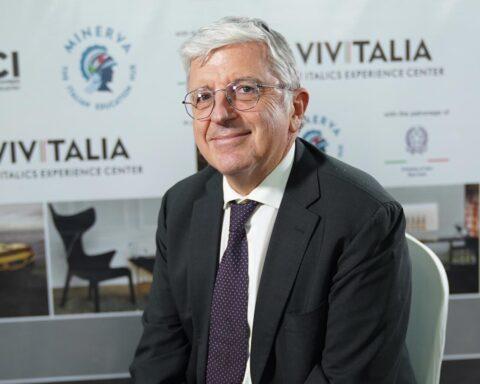Inclusivity or inclusion is the theme that has emerged from a highly polarized world where we are all struggling to make sense of social structures that are fast becoming obsolete. To this end, there have been a number of initiatives and laws to bring sustainability into clear focus with inclusion as an important goal.
The point to remember here is that the UN has always addressed the social contract that is required in order to move on and make progress from the story of conflict that has led to the creation of organizations like the United Nations and its agencies, in the first place. Fittingly, on the 75th anniversary of the UNESCO, the UN Secretary General António Guterres talked about using inclusion or inclusivity as the basis of the social contract with which the agency must repair a fractured and rather polarized world.
The point made by the Secretary General pertained to the need for mutual understanding and tolerance as the elements of dialogues between nations, communities and organizations. The polarization must be taken into consideration so that it can be combated with an equitable distribution of resources, greater sustainability and more concrete climate change action.
At the same time, he talked about using inclusivity or inclusion as a tool to bring voices and communities together from opposite ends of warring spectrums so that they may work together for better participation and greater equality for the greater good. This would have a wide social impact in terms of according peace and recognizing the efforts of minorities like women’s groups, indigenous communities and young voices when it comes to making sustainability a mainstream goal. With the help of inclusion, one can begin to take stronger steps together in tandem with the laws laid down by the various agencies like UNESCO.

























